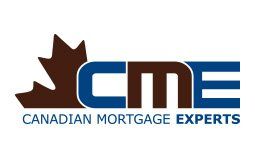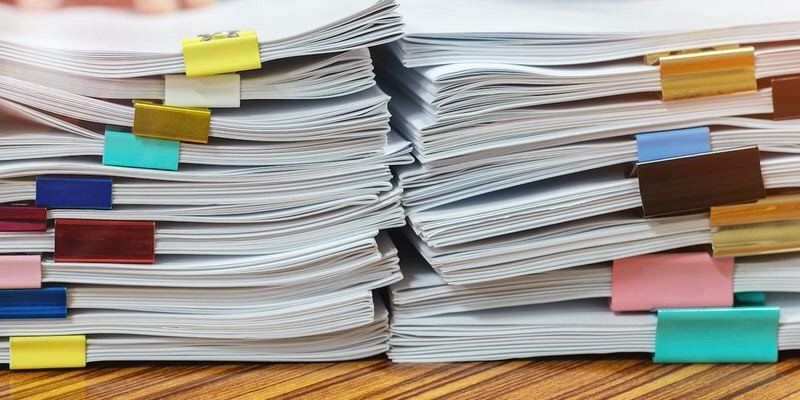the right broker for you.
Contact Us
We will get back to you as soon as possible
Please try again later
Contact Us
We will get back to you as soon as possible
Please try again later
Mortgage Rules and the New Market
If you own a home, or looking to buy one, you probably know about tighter mortgage rules
In case you were unaware, last fall, OSFI, (the Office of Superintendent of Financial Institutions) the agency that regulates the financial industry, announced changes to rules around mortgages. The biggest change, that affects you, the consumer, relates to uninsured mortgages, or homebuyers with 20 per cent or more for a down payment. These people will have to go through a “stress test” or qualify using a minimum qualifying rate.
These new rules came into effect in January and come on the heels of several rate hikes from the Bank of Canada. And many economists and industry watchers are predicting the bank has a few more rate hikes instore before the year is out. We may already be seeing some of the effects of all this pressure on mortgage financing. Real estate markets, especially in the very heated Toronto-area, are starting to cool quite a bit. The Canadian Real Estate Association (CREA) has adjusted its forecast for home sales across the country, predicting an 11 per cent decline from 2017.
So, do you need to be worried?
If your mortgage is coming up for renewal and you’re staying with your original lender, you don’t need to be at all.
For now, you can just renew without requalifying. However, there have been hints the government could change that in the future.
If you’ve got a steady job, a credit score over 700, no debts and you make $60,000 a year in salary, getting a mortgage also shouldn’t be a problem in this lending environment.
But, it could be tougher if you’re newly self-employed or carrying a large amount of consumer debt. That said, mortgage brokers have access to literally hundreds of lenders and can always find a way to get funding.
So taking everything into consideration, the best thing to do is review your portfolio with your mortgage broker. We’re still in a relatively low rate environment, but it could change come this time next year.
If your mortgage isn’t up until 2019, it may make sense to get out of your current mortgage and pay a small fee to get a better long-term rate.
It’s always a good time to review your mortgage because everybody’s situation is different regardless of where you are in your term. Any one of our Canadian Mortgage Experts would love to talk with you.
This article was originally published as part of the Dominion Lending Centres monthly Newsletter July 2018.


QUICK LINKS
HEAD OFFICE

Copyright © 2023 DLC Canadian Mortgage Experts. All Rights Reserved | Privacy & Content Policy

